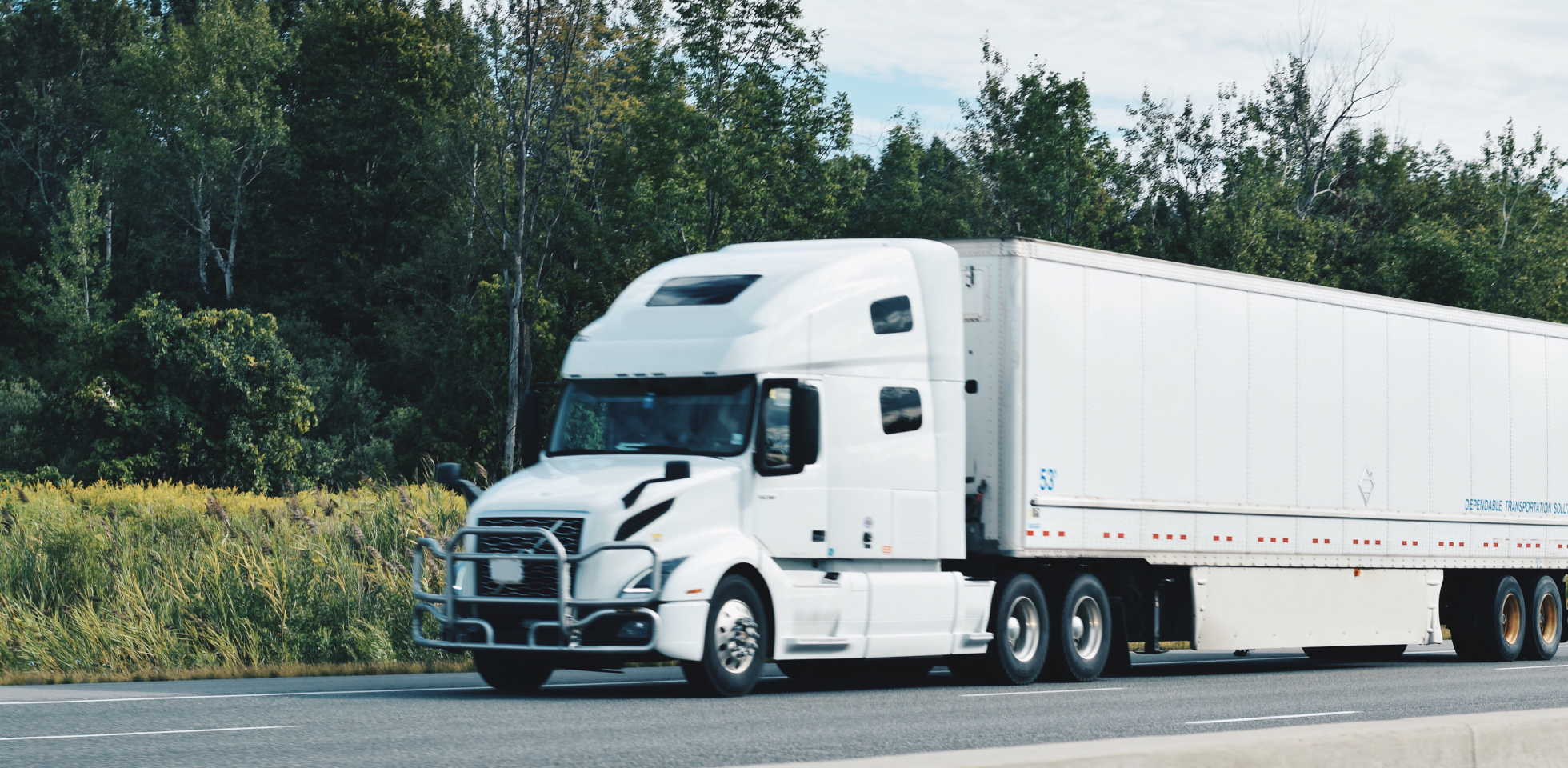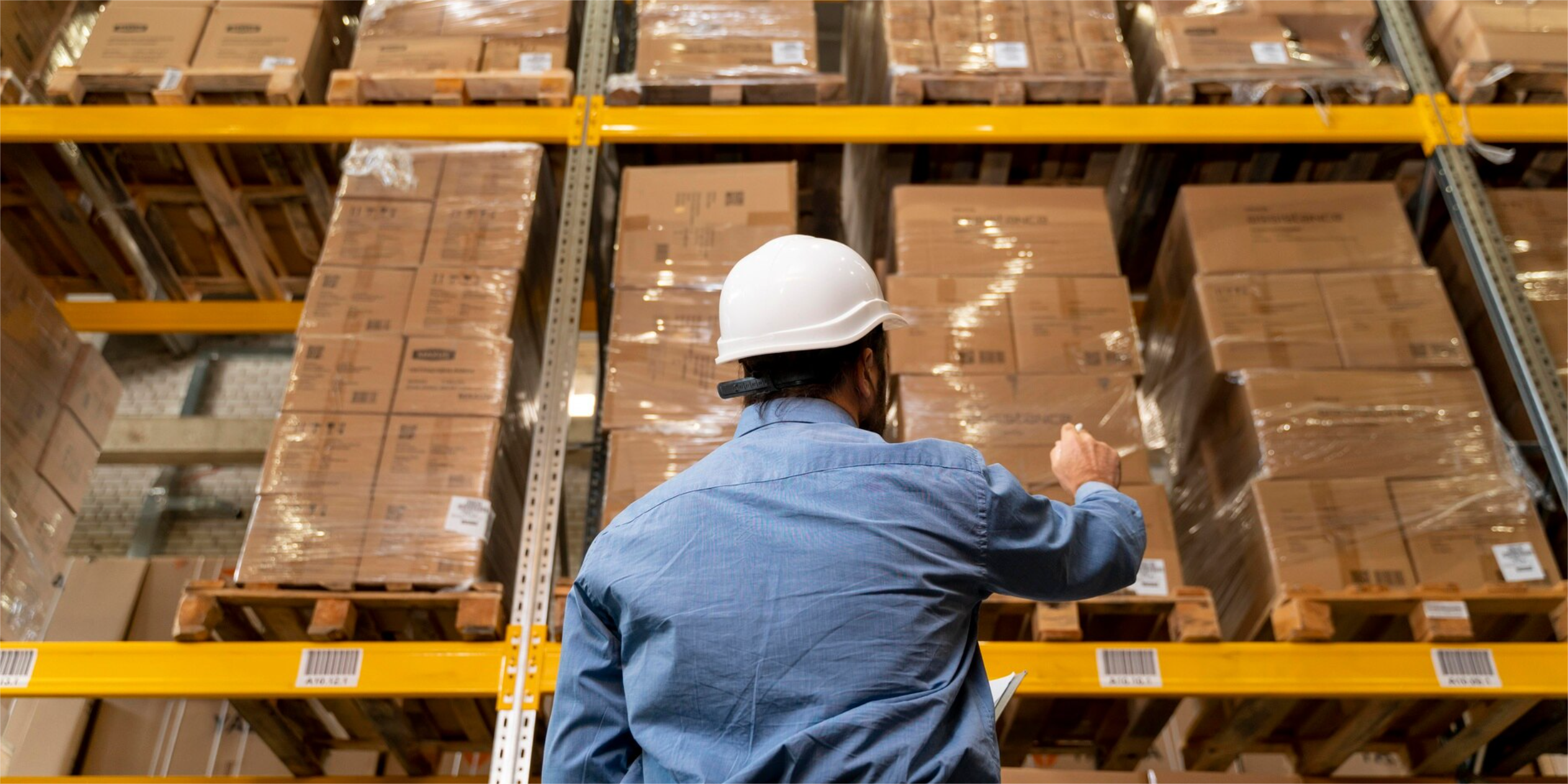Logistics, the silent engine that drives the flow of goods and services around the world, is undergoing an unprecedented revolution thanks to digital transformation. This constant evolution is driven by the adoption of innovative technologies that are fundamentally reshaping the way companies manage their logistics operations.
Adoption of New Technologies
The basis of digital transformation in logistics lies in the adoption of cutting-edge technologies, which include:
- Internet of Things (IoT): IoT allows real-time connection of physical objects through sensors and devices, providing valuable data for asset monitoring and inventory management.
- Artificial Intelligence (AI): AI is used for route optimization, demand forecasting, and data-driven decision-making, significantly improving operational efficiency.
- Blockchain: Blockchain technology ensures traceability and transparency in the supply chain, reducing the risk of fraud and improving security.
- Automation and Robotics: Warehouse automation and the introduction of robots in goods handling streamline processes and reduce labor costs.
- Autonomous Vehicles and Drones: Autonomous vehicles and drones are transforming goods delivery, improving speed and efficiency.
Advantages of Digitization
The digitization of logistics offers a number of advantages that deserve deeper analysis:
- Higher Visibility and Traceability: Companies can collect real-time data along the supply chain, allowing them to have a complete and real-time view of their operations.
- Process Optimization: AI and automation allow companies to optimize their logistics processes, reducing operating costs and improving efficiency in resource management.
- Reduction of Operating Costs: Digitization can help companies reduce operating costs by eliminating human errors and automating repetitive tasks.
- Improvement in Accuracy and Speed: Digitization improves the accuracy and speed of logistics operations, which in turn increases customer satisfaction by ensuring timely deliveries and products in perfect condition.
Challenges of Digital Transformation
However, this digital revolution also presents a number of challenges that must be proactively addressed:
- Considerable Investments: The adoption of advanced technologies requires significant investments in infrastructure and personnel training, which can be costly in the short term.
- Skills Gap: As new technologies are introduced, personnel with specialized skills are required to operate and maintain these solutions. The skills gap is a key obstacle that must be overcome.
- Cybersecurity: With digitization, exposure to cyber risks increases, so it is essential to implement robust cybersecurity measures to protect sensitive data and critical systems.
- Integration of Legacy Systems: Integrating new technologies with legacy systems can be a complex and costly challenge, requiring careful planning.
Success Cases
To better understand the impact of digital transformation, it is important to analyze specific examples of leading companies:
- Amazon: Uses drones for deliveries in remote areas, which has revolutionized the speed and efficiency of deliveries.
- FedEx: Uses AI to optimize its delivery routes, reducing operating costs and improving delivery times.
- Walmart: Relies on blockchain to track products in its supply chain, which improves transparency and security.
The Future of Autonomous and Interconnected Logistics
Digital transformation in logistics is moving towards a future where supply chains will be autonomous and interconnected. Autonomous vehicles, robots, and intelligent systems will collaborate in the management and execution of logistics tasks, allowing for greater efficiency and profitability.
Recommendations
For logistics companies to successfully adopt digital transformation, the following recommendations are suggested:
- Define a Clear Strategy: Establishing a clear and well-defined strategy is crucial to make the most of the digital transformation of the supply chain.
- Involve the Entire Organization: Digital transformation should be an effort of the entire organization, not just a specific department.
- Investment in Training: Training staff is essential to make the most of new technologies and address the skills gap.
- Establish Strategic Partnerships: Collaborating with technology providers can accelerate the adoption of new solutions and reduce costs.
Digital transformation is an unstoppable trend that is revolutionizing the logistics sector. Companies that embrace this transformation can improve their efficiency, accuracy, and profitability, ensuring a competitive future in an increasingly digitized world.
Solistica’s Actions in Digital Logistics Transformation
Solistica, a leading company in international logistics, has stood out as a benchmark in the successful adoption of digital transformation in the logistics sector. Below, we will explore in detail the concrete actions that Solistica has implemented to take advantage of the advantages of new technologies and stay at the forefront of innovation:
- Advanced IoT Infrastructure: Solistica has invested significantly in a state-of-the-art Internet of Things (IoT) infrastructure. Through connected sensors and devices, the company collects real-time data from its logistics operations. This data includes the temperature of perishable products, the precise location of transport vehicles, and the status of shipments. This real-time information not only provides greater visibility along the supply chain, but also allows for more informed decision-making and anticipates potential problems before they become crises.
- Artificial Intelligence and Automation: AI is an integral part of Solistica’s digital strategy. The company uses advanced AI algorithms to optimize its delivery routes, reducing transit times, fuel costs, and carbon emissions. In addition, AI is used to predict product demand, allowing for more efficient inventory management and preventing lost sales due to out-of-stock products. Automation has been implemented in warehouses, where autonomous robots handle goods and prepare orders quickly and accurately.
- Blockchain for Traceability and Transparency: Security and transparency in the supply chain are essential, especially in international logistics. Solistica uses blockchain technology to ensure complete traceability of products along their journey from the manufacturer to the end customer. This not only provides an additional layer of security by preventing counterfeiting and theft, but also allows customers to track in real-time the location and status of their shipments. The transparency offered by blockchain increases customer trust and helps resolve issues more efficiently.
- Collaboration with Technology Providers: Solistica has established strategic partnerships with trusted technology providers. This allows them to access cutting-edge technological solutions more quickly and effectively. Collaborating with technology partners provides them with access to the expertise and specialized knowledge needed to implement and maintain complex systems, while reducing the financial burden associated with the internal development of these solutions.
- Continuous Staff Training: Digital transformation is only effective if the staff has the necessary skills to make the most of new technologies. Solistica has invested in the continuous training of its staff, providing them with the skills and knowledge required to operate digital technologies effectively and safely. This investment in human resource development ensures that the company can remain agile and quickly adapt to ongoing technological changes.
Solistica is an outstanding example of how a leading logistics company can embrace digital transformation to improve efficiency, accuracy, and profitability. Their comprehensive approach, spanning from advanced IoT infrastructure to collaboration with technology providers and continuous staff training, demonstrates how digitization can lead to success in modern logistics. Solistica is well-positioned to lead the digital transformation in the logistics sector in Latin America and beyond, setting a standard for excellence in the industry.






